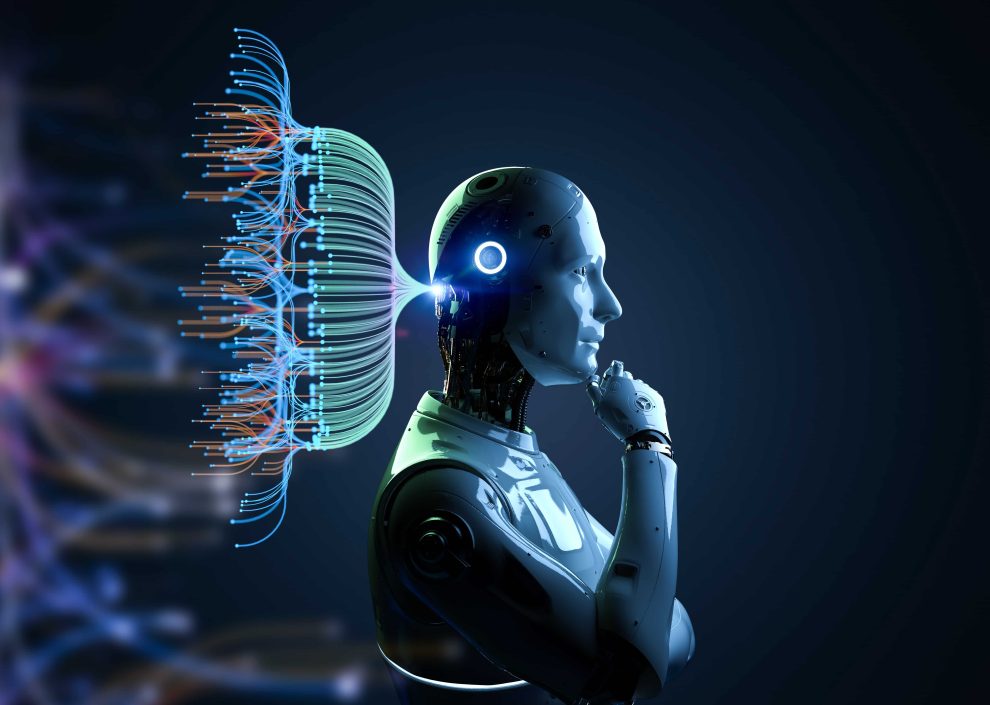Get ready to dive into the mind-bending world of quantum machine learning algorithms, where the bizarre laws of quantum mechanics collide with the transformative power of artificial intelligence. This isn’t science fiction; it’s the cutting edge of technological innovation, promising to revolutionize every field from drug discovery to financial modeling.
Hold onto your qubits, because in this blog, we’ll unravel the mysteries of these futuristic algorithms and explore their potential to unlock exponentially faster AI. Buckle up, and let’s begin!
But First, What is Quantum Machine Learning?
Imagine replacing the binary bits of traditional computers with the mind-bending possibilities of qubits – quantum bits that can exist in multiple states simultaneously. This is the core principle behind quantum computing, and quantum machine learning leverages this power to supercharge classical algorithms.

Instead of crunching data sequentially, like their classical counterparts, quantum algorithms can explore vast possibilities concurrently. Think of it like searching a maze: a classical algorithm would traverse each path one by one, while a quantum algorithm could explore all paths simultaneously, finding the solution exponentially faster.
Key Concepts to Remember:
- Superposition: Qubits can be 0, 1, or both simultaneously, allowing for massive parallel processing.
- Entanglement: Qubits become linked, influencing each other instantly, regardless of distance, further boosting processing power.
- Quantum circuits: Sequences of operations applied to qubits, similar to classical algorithms but exploiting quantum phenomena.
Benefits of Quantum Machine Learning:
- Exponential speedup: For specific tasks, quantum algorithms can solve problems millions or even billions of times faster than classical methods.
- Enhanced optimization: Find optimal solutions to complex problems in areas like finance, logistics, and drug discovery.
- Unveiling hidden patterns: Quantum algorithms can analyze complex datasets, potentially revealing hidden patterns invisible to classical techniques.
Popular Quantum Machine Learning Algorithms:
- QAOA (Quantum Approximate Optimization Algorithm): Solves optimization problems by encoding solutions in quantum states and finding the best fit iteratively.
- VQE (Variational Quantum Eigensolver): Finds ground states of complex systems, useful in chemistry and materials science.
- Quantum Neural Networks: Inspired by classical neural networks, but leverage the power of qubits for more complex learning tasks.
Current Challenges and Future Implications:
While the potential is immense, quantum machine learning is still in its early stages. Limited quantum hardware, noise issues, and complex algorithm development pose significant challenges.
However, with continuous advancements, the future looks bright. Expect breakthroughs in:
- Drug discovery: Simulating molecules to design better and faster medicines.
- Materials science: Discovering new materials with desired properties.
- Financial modeling: Predicting market trends with unprecedented accuracy.
- Machine learning itself: Quantum algorithms could accelerate training and improve accuracy of classical machine learning models.
Conclusion:
Quantum machine learning algorithms offer a tantalizing glimpse into the future of AI, one where problems deemed intractable today will be solved with unparalleled speed and efficiency. While challenges remain, the potential benefits are vast, pushing the boundaries of what’s possible in various fields.
So, keep your eyes peeled on this rapidly evolving space, because the quantum revolution in AI is just beginning!
















Add Comment